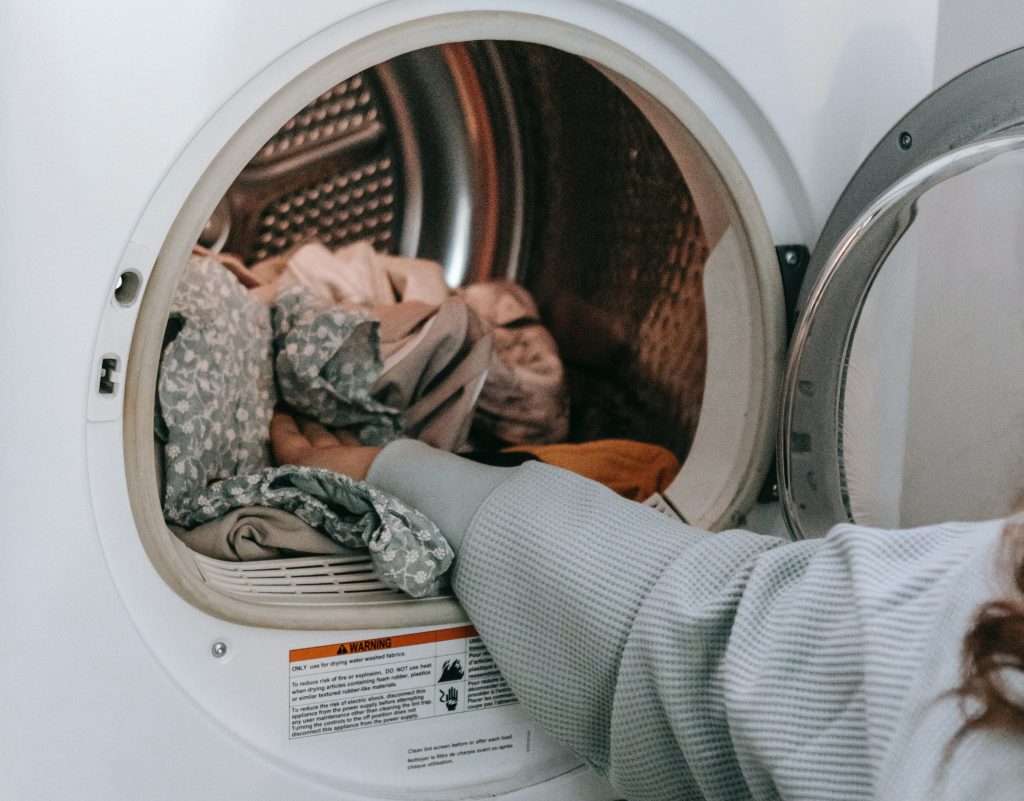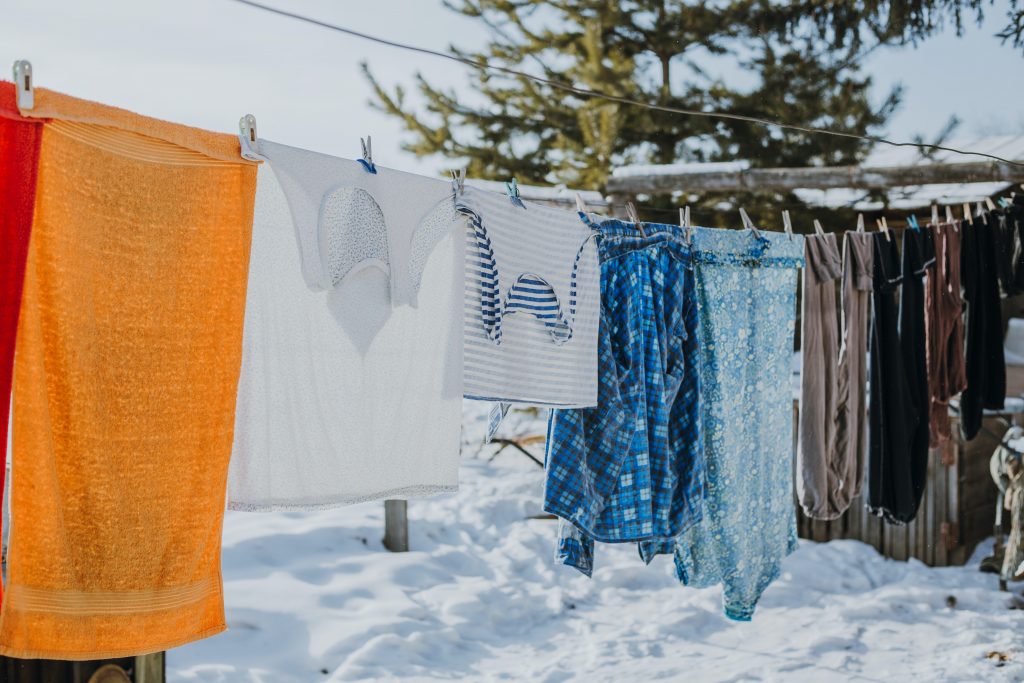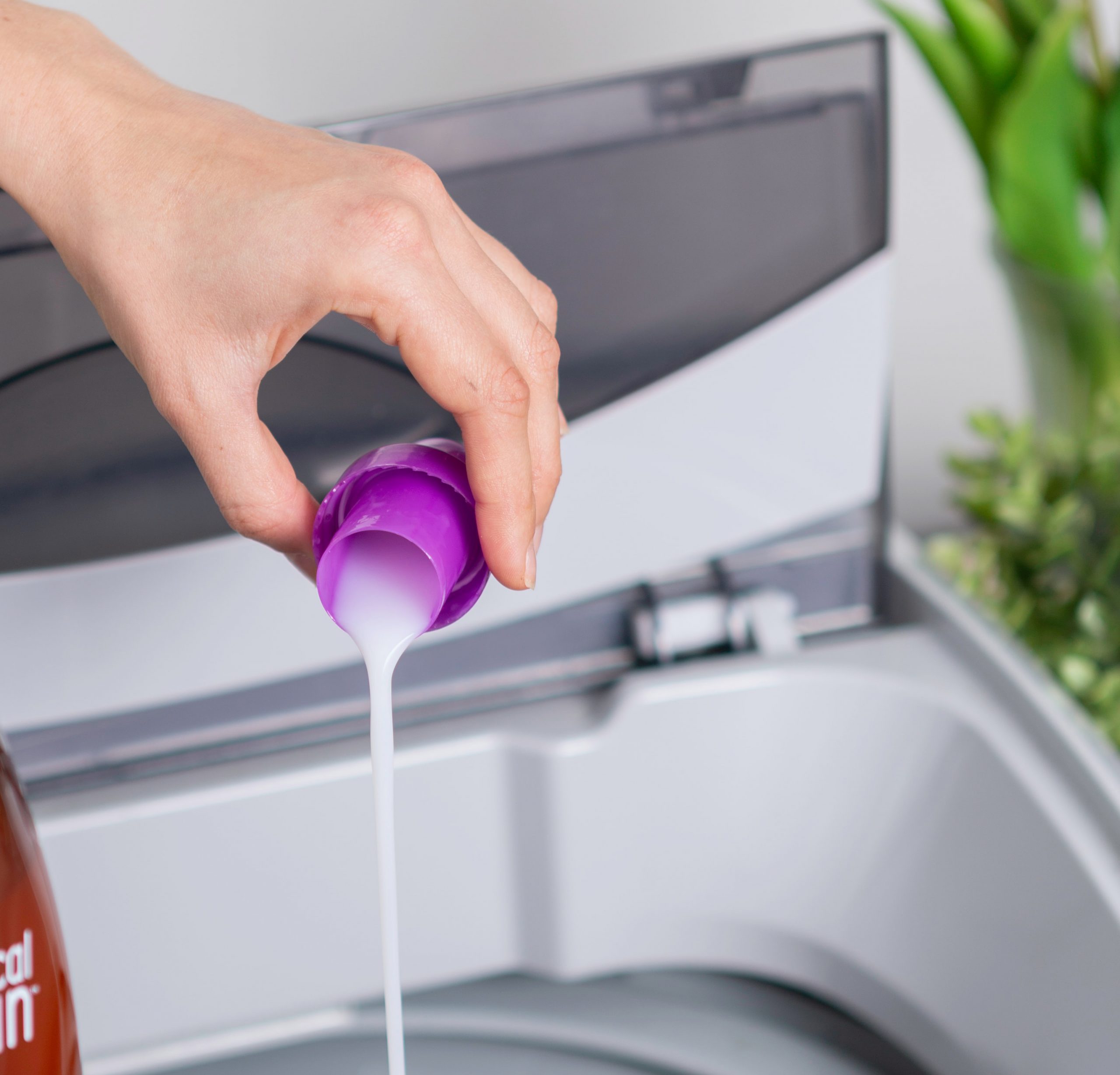Did you know that running a washing machine with a conventional detergent pollutes more than driving around the city? The idea is not obvious at all, and yet, there are those who are committed to finding new solutions for sustainable laundry.
In recent years, we have seen a significant increase in the number of ecopreneurs coming up with new solutions to battle our ever-growing plastic pollution problem. Speaking of detergents, have you noticed that there are more and more green products on supermarket shelves, with “eco” or “Bio” labels? But how true is it?
How Do Detergents Contribute to Pollute the Environment?
Water pollution caused by detergents is actually quite significant. Often, perhaps without realising, we use too much fabric softener, choose a particularly aggressive degreaser or run a washing machine on a half load, triggering a very stressful reaction on our planet.
Detergents are so polluting because of their composition, that includes petroleum products. Greenpeace found that, since 1930, global production of chemicals has risen from 1 million tonnes to over 400 million tonnes annually, as a consequence of the very products we use to clean our homes.

It is not a secret that detergents contain petrolatum and harsh chemicals, but recognising them is important. There are two components that are most harmful to the environment and to ourselves:
- SLES: it stands for “Sodium Lauryl Ether Sulphate”. It is a surfactant obtained in oil refining processes. Its purpose is to increase detergents and fabric softeners’ foaming power in contact with water.
- SLS: it means “Sodium Lauryl Sulfate”. It is another foaming agent. As an oil product, this substance is also a major pollutant.
Sure enough, if we check the ingredients in the detergents we have at home we will find at least one of these two terms.
So why are these chemicals so polluting? The greatest damage that can result from the release of these substances into the environment comes from drilling activities and waste discharge.
- Drilling activities: it is well known that oil refineries have a strong impact on the surrounding environment. Therefore, these ingredients, derived from oil refining, are also harmful to the health of our planet.
- Waste discharge: the disposal of this kind of substance in nature is also a complex and environmentally demanding process. It mainly concerns water pollution by surfactants in synthetic chemical detergents.
A Sustainable Laundry
Unfortunately, there is no magic formula for a sustainable laundry. Switching back to vinegar and bicarbonate of soda may be quite unrealistic, to say the least, given our current habits. One thing is certain, though: many people are trying to offer more environmentally friendly alternatives.
Among them there is Earth Breeze, an American company founded in 2020 in Miami, Florida, which offers a 100% plastic-free, vegan and hypoallergenic detergent. These are literally composed of small spongy “sheets” that turn into detergent when in contact with water. Since the product is not liquid, it can be transported and sold in 100% compostable paper packaging.

Earth Breeze’s sustainable commitment also involves helping those most in need. In fact, with every purchase of 1 package of the product, the company donates 10 laundries to various associations, the customer choosing where and to whom to donate.
It is important to emphasise that Earth Breeze products are, however, not 100% sustainable. In fact, among their components we find one of the oil products mentioned above. Nevertheless, we believe that manufacturing a totally plastic-free detergent and ensuring that the production chain is kept as short as possible, including transport methods, is already a big step
The choice of this company stems from the realisation that recycling plastic does not work. As a matter of fact, only 9% of the plastic produced is recycled, of which 2% will actually be reused. In addition, more than 700,000,000 plastic bottles end up in landfills and oceans every year.

Washing our clothes therefore leaves a huge carbon footprint, starting with the amount of water we use for each laundry, continuing with the frequency with which we wash and ending with the products we choose.
Sustainable laundry is possible; we just need to take small steps.
We can —and should— make a daily effort, for example, not to run our washing machine unless it is fully loaded, and to hand wash some of our more delicate items. Shall we give it a try?





